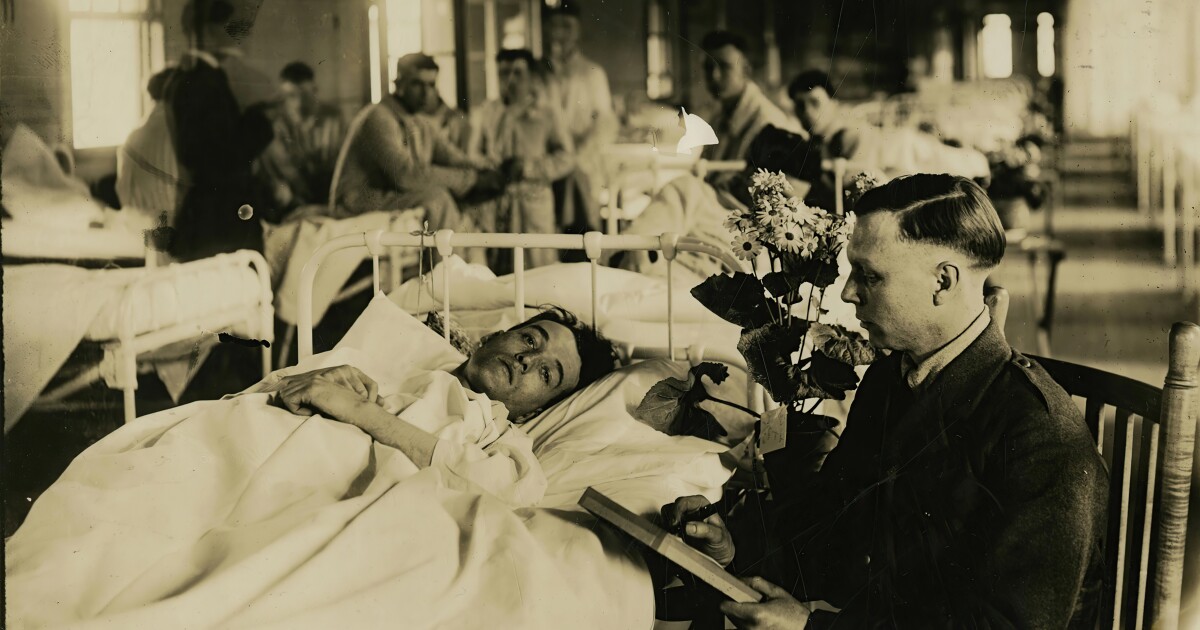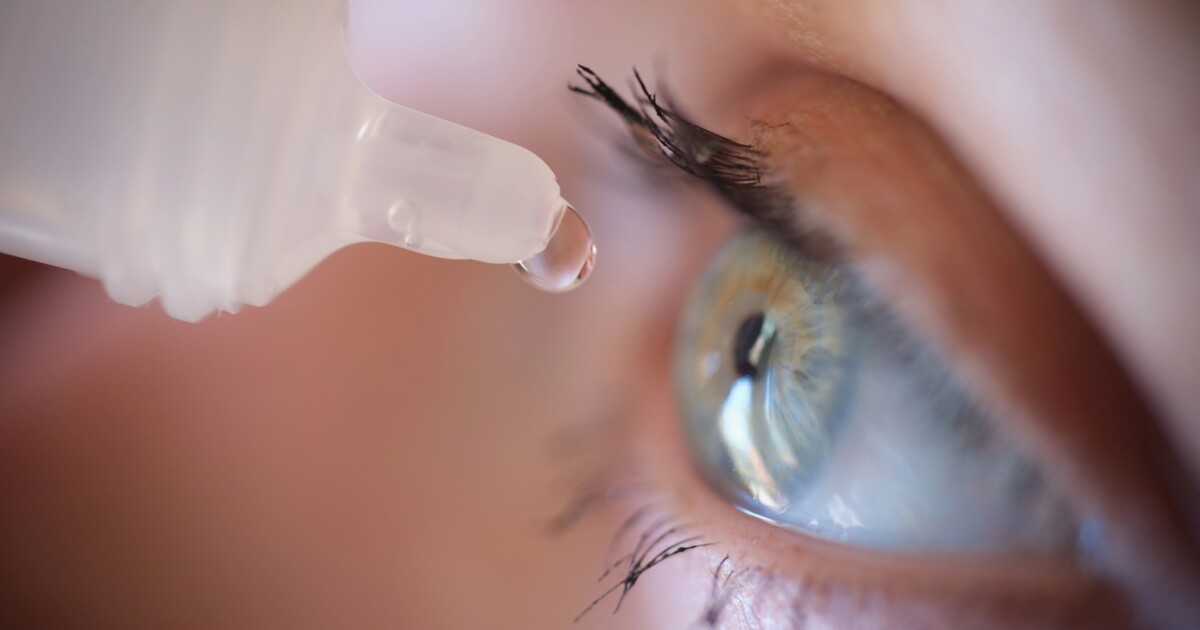WELCOME TO SOMATIKA
Well, hello there!
Welcome to a new kind of thing from New Atlas. In a world full of automation, text-generating bots and AI everything we wanted to bring the human back into the game. To steal a prescient term coined by the great media theorist Doug Rushkoff, we’re on ‘Team Human’. And we want to communicate directly with you.
So we came up with the idea of ‘Somatika’ - a weekly newsletter looking at the latest science surrounding our minds and bodies. Those with a fondness for etymology can feel free to deconstruct the name and work out what we are all about but let me just say we’re interested in science, truth, and putting the latest research into a context that makes sense.
My name is Rich Haridy and I’ve been working with New Atlas for nearly 10 years. My journey through the world of science journalism has taken me through a bunch of different beats; from tracking the emergence of a novel coronavirus when it first appeared back in early 2020 to following the rise (and fall maybe) of psychedelic science from 2018 to now. I should probably tell you up front - I’m pretty sceptical about most things. So when I see press releases celebrating medical “breakthroughs” or studies telling me what I should be eating to live longer, my senses blow up. How? Why? Really?
We’re going to try and sort the hyperbole from the fact here at Somatika. And I look forward to hanging out with you, arguing about stuff and finding out if eating dark chocolate is actually good for your heart.
I’m excited you are here. Welcome. Now let’s see what’s going on!
Rich Haridy, Editor - Somatika
Story of the Week
The first 100% effective HIV prevention drug is approved and going global
Let’s start with a good news story.
An epidemic that's been sustained for 44 years might finally be quelled, with the milestone approval of the first HIV drug that offers 100% protection with its twice-yearly injections.
It's a landmark achievement that stands to save millions of lives across the globe.
But perhaps the most powerful part of the story is the makers are providing affordable access to the drug in the US and beyond, signing royalty-free licensing agreements with six generic manufacturers to produce and supply it.
Highlights from the New Atlas newsdesk
From the Vault
Relax, picking your nose is not causing Alzheimer's disease

Over the last few years I have noticed some research frequently pop up on the newswires. It’s a story about how picking your nose can cause Alzheimer’s disease.
Now, I’m not saying I have a particularly personal interest in the truth of this story but I have lots of friends who are vociferous nose pickers… And they are really worried about this new “science”.
So a few years ago I put my science journalist hat on and made some calls to get to the bottom of this. Where did this story come from? Is there actual evidence picking your nose can be linked with Alzheimer’s risk?
Of course, it turns out the science here is pretty dubious, but the story of how this ended up getting into the news in the first place was a little bit more interesting.
What we’re reading this week…
We’re hacking the algorithm to give you the best health science stories going around the interweb. Find stories on why it may be better for your brain to read books instead of listen to them; how curious researchers discovered students don’t learn well when the temperature warms up;…
A Final Word
Book of the week

The aerobiome is basically all the life in the air. Just like we have a microbiome inside our bodies — which is made up of thousands of different species — there are many, many more species floating around us. The aerobiome has existed pretty much since life began. When life emerged, cells would have been floating around on the ocean’s surface, and when there was a wave that crashed, tiny droplets would fly up into the air and take life with it. So the aerobiome is very old, but we humans have changed the planet in all sorts of ways, and one way is by changing the aerobiome itself.
One of the most compelling scientific epiphanies that emerged during the Covid pandemic was just how much we didn’t know about the air we breath. In Air-Borne, science writer Carl Zimmer goes deep into the history of aerobiology.
But instead of giving us a dry history lesson Zimmer treats his story like a pulse-pounding thriller; jumping between past and present to give us a gripping tale of science lost and found. Highly recommended reading!









